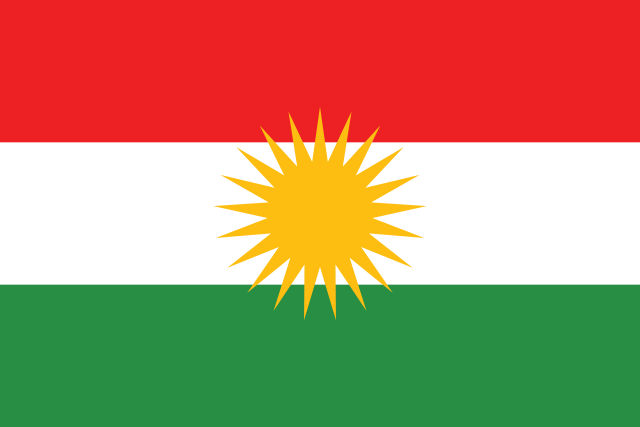A new report in Foreign Affairs argues that the uncontrolled flood of weapons from U.S. government sources to Iraqi Kurdish officers in the field and official weapons grants routed through Baghdad (all for the purpose of fighting ISIS quickly, of course) is undermining years of careful work to professionalize the Kurdish peshmerga forces and bring them under civilian authority and a unified military chain of command regardless of Kurdish political parties. This U.S. policy could destabilize the region — which has previously been a fairly steady oasis in the country — and trigger the final exit of Iraqi Kurdistan from Iraq as a whole.
The military aid is uncoordinated, unbalanced, unconditional, and unmonitored. Because of the lack of oversight on weapons’ allocation, and because the weapons come with no strings attached, officials can direct them to their own affiliated peshmerga forces, empowering loyalist officers and entangling the rest of the officer corps in petty rivalries. All this distracts the peshmerga from the real task at hand: assessing, preparing for, and countering terrorist threats. To fix the problem, the U.S.-led coalition should place any assistance under a single command, under civilian control and away from political rivalries.
[…]
The West has failed to consider both the evolution of the peshmerga and Kurdish politics in general. It has conditioned weapons deliveries to the KRG on the approval of Baghdad, a policy designed to keep the Iraqi capital sovereign and to discourage total Kurdish independence. But the policy is outdated. Today, the PUK is ascendant in Baghdad, so channeling weapons to the Iraqi government has only further alienated the KDP from the central government. In turn, KDP officials have made increasingly provocative calls for independence and solicited direct arming to cut out Baghdad, which it views as being dominated by Iran. Western policymakers might shrug, believing that such divisions will at least prevent the parties from successfully joining together to press for an independent Iraqi Kurdistan; in reality, these divisions prevent Kurdish parties from effectively participating in the Iraqi state.
This doesn’t automatically mean the United States and its allies should not be supplying weapons to Iraqi Kurdistan’s peshmerga forces, but it does signal that the policy should be reorganized.







